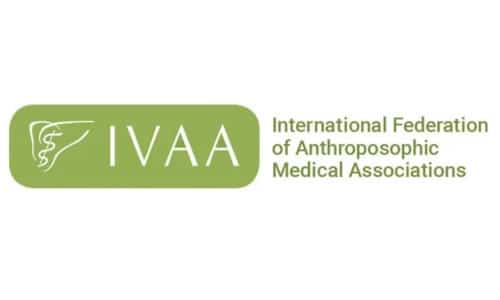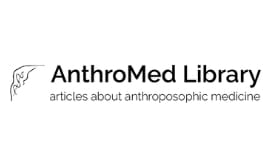On this page
Anthroposophic medicine: an overview ›
Find anthroposophic medicine practitioners ›
Anthroposophic medicine: an overview
Anthroposophic medicine is an integrative medical system founded in 1920, with roots in central European folk medicine. This system is based on a holistic understanding of humans, nature, disease, and healing. It incorporates the concept of four levels of formative forces and views human beings as having a three-fold constitution, integrating physical, emotional, and spiritual aspects of health. Anthroposophic medicine combines conventional treatments with complementary approaches that address these interconnected aspects of well-being.
What do anthroposophic practitioners offer?
Practitioners of anthroposophic medicine offer a variety of therapies, including remedies derived from plants, minerals, and animals, alongside conventional medical care. They also incorporate massage, counseling, psychotherapy, and other specific techniques into treatment plans. Anthroposophic medicine is widely practiced in hospitals and clinics in Europe, particularly in Germany and Switzerland, where it is often integrated with conventional cancer care. One notable therapy within anthroposophic medicine is mistletoe (Iscador), which is one of the most commonly prescribed complementary cancer therapies in central Europe and has been the subject of extensive research.1Kienle GS, Albonico H-U et al. Anthroposophic medicine: an integrative medical system originating in Europe. Global Advances in Health and Medicine. 2013 Nov; 2(6): 20-31.
Who are anthroposophic practitioners?
Anthroposophic care is provided by a variety of healthcare professionals, including medical doctors, nurses, and therapists. While it is most commonly practiced in Europe, some conventional healthcare professionals in the United States and Canada can pursue certification in anthroposophic medicine. This training enables them to integrate anthroposophic principles into their practice, offering patients a more holistic approach to healthcare. Certification in anthroposophic medicine ›, however, is an additional credential that complements, rather than replaces, conventional medical qualifications.
Find an anthroposophic medicine practitioner

Physicians’ Association for Anthroposophic Medicine: Directory of Providers ›
Helpful links
Explore the research for anthroposophic-related therapies
Learn about other medical approaches
References



